The 1980s marked a golden era for Mandopop, where two towering figures—Teresa Teng and Lo Ta-yu—emerged as cultural icons with contrasting yet complementary legacies. Their music not only defined a generation but also bridged political divides, offering solace and rebellion in equal measure. This was a decade when pop music became a vessel for collective memory, and these two artists stood at its helm, steering it toward uncharted emotional and artistic territories.
Teresa Teng's voice was nothing short of a cultural phenomenon. With her mellifluous tones and effortless grace, she became the soundtrack for millions across Asia, particularly in Mainland China, where her songs circulated via clandestine cassette tapes. Tracks like "The Moon Represents My Heart" and "Sweet as Honey" transcended language barriers, weaving into the fabric of daily life. Her music carried a nostalgic warmth, often drawing from traditional Chinese melodies while infusing them with contemporary arrangements. Teng's appeal lay in her ability to evoke a sense of longing—for love, for home, for a simpler past—that resonated deeply in societies undergoing rapid modernization.
Meanwhile, Lo Ta-yu was crafting a radically different sonic universe. Where Teng soothed, Lo provoked. His 1982 album "The Future" was a seismic event, blending rock, folk, and social commentary into a potent critique of Taiwan's authoritarian regime. Songs like "Love Song 1980" and "Childhood" weren't just hits; they were anthems for disillusioned youth. Lo's genius was his ability to cloak subversive messages in deceptively catchy melodies, making him both a chart-topper and a thorn in the side of censors. His lyrics tackled urbanization, political oppression, and existential angst—themes rarely explored in Mandopop before him.
The contrast between these artists mirrored the cultural schisms of their time. Teng's music offered an escape, a temporary reprieve from the turbulence of the Cold War era. Her performances in Japan and Southeast Asia during the early '80s projected soft power at a time when China was just beginning to open up. Lo, by contrast, embodied the restlessness of Taiwan's burgeoning democracy movement. His collaborations with filmmakers like Hou Hsiao-hsien ("Dust in the Wind" soundtrack) blurred the lines between pop and art, challenging audiences to engage with music intellectually rather than just emotionally.
Production techniques of the decade further highlighted their diverging paths. Teng's recordings favored lush orchestration—sweeping strings, gentle piano arpeggios, and the occasional synth pad—creating a timeless quality. Lo pioneered a grittier sound, incorporating electric guitars, drum machines, and spoken-word segments that reflected Western new wave influences. Yet both shared an obsession with lyrical craftsmanship. Teng's team scoured classical poetry for phrases to adapt, while Lo spent months polishing single couplets to achieve razor-sharp precision.
Their impact extended beyond music. Teng became a diplomatic symbol during Sino-Japanese détente, her 1986 Tokyo Dome concerts attended by diplomats and celebrities alike. Lo's 1985 performance at New York's Lincoln Center introduced Mandopop to Western audiences as something more than exotic kitsch. The two never collaborated, but their legacies became strangely intertwined—Teng's death in 1995 prompted Lo to write "Teresa's Tears," a haunting tribute that acknowledged her role in making Mandopop a global force.
By decade's end, their influence was everywhere. New artists like Chyi Yu and Jonathan Lee cited them as twin pillars—Teng for vocal artistry, Lo for lyrical depth. The cassette tape boom ensured their music reached fishing villages and metropolises alike. In retrospect, their 1980s output forms a dual portrait of societies in transition: one voice yearning for stability, another demanding change. What united them was an unwavering belief in pop music's power to shape identities—not just reflect them.
Today, streaming platforms have reintroduced their work to Gen Z listeners, with Teng's ballads trending on Douyin and Lo's lyrics being dissected on Reddit forums. Contemporary artists like Jay Chou and Hebe Tien still name-check them as primary influences. The 1980s may have faded, but the tectonic shifts initiated by these two icons continue to reverberate through every chord progression and poetic turn of phrase in modern Mandopop. Their era wasn't just about songs—it was about how those songs made people feel seen during history's convulsions.

By /Aug 7, 2025

By /Aug 7, 2025
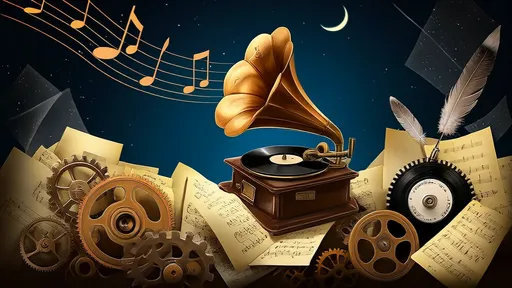
By /Aug 7, 2025
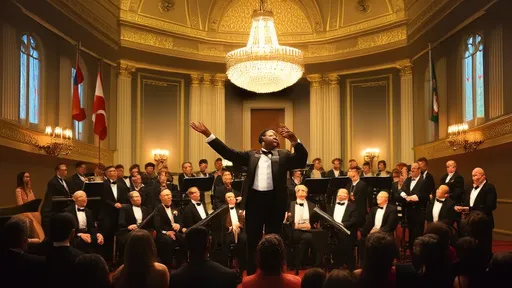
By /Aug 7, 2025

By /Aug 7, 2025
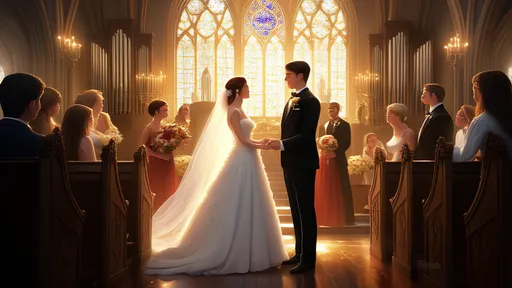
By /Aug 7, 2025
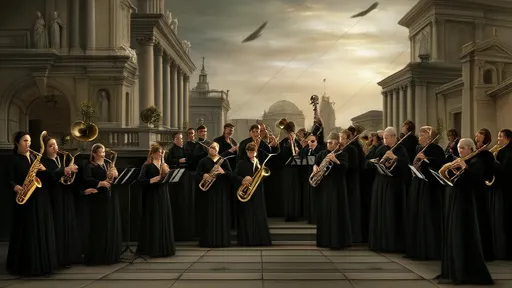
By /Aug 7, 2025
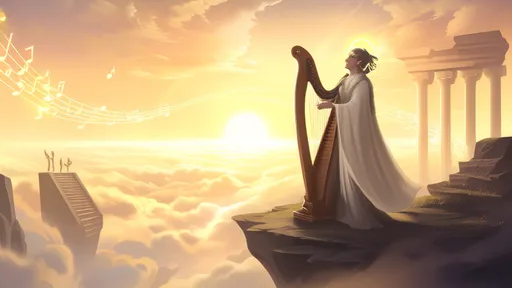
By /Aug 7, 2025
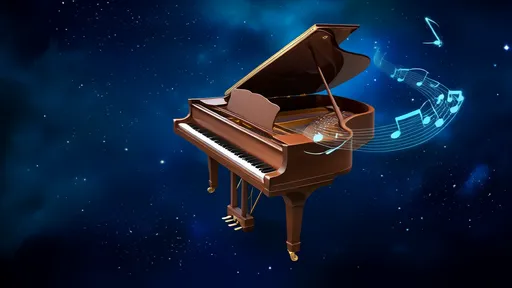
By /Aug 7, 2025
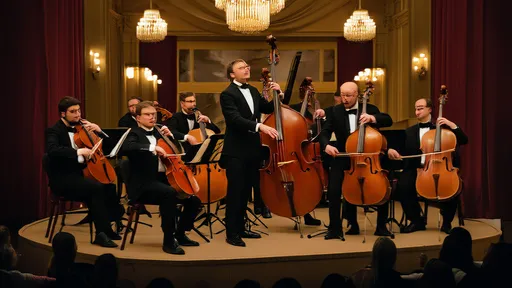
By /Aug 7, 2025

By /Aug 7, 2025

By /Aug 7, 2025

By /Aug 7, 2025
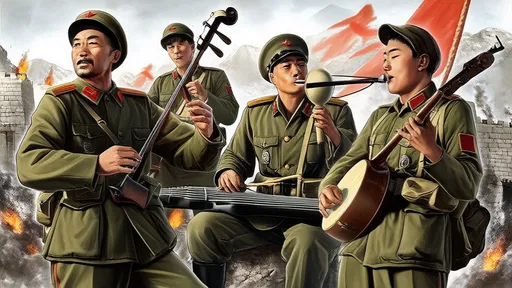
By /Aug 7, 2025
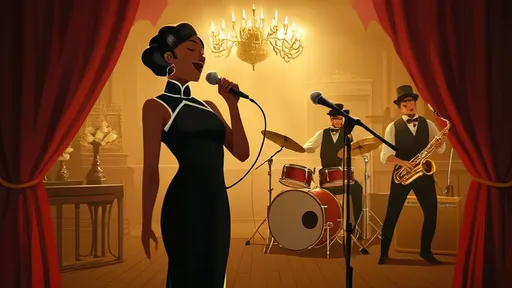
By /Aug 7, 2025
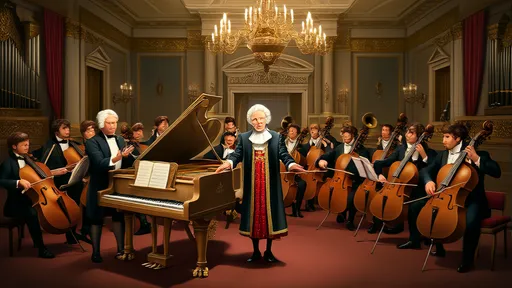
By /Aug 7, 2025
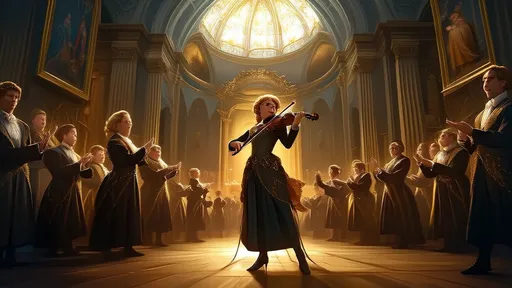
By /Aug 7, 2025
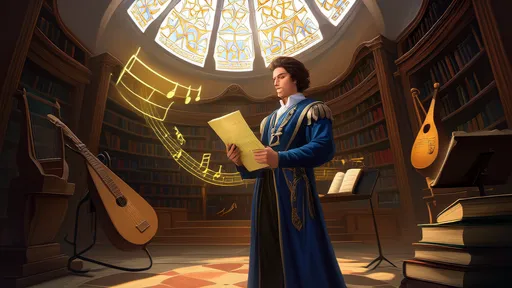
By /Aug 7, 2025
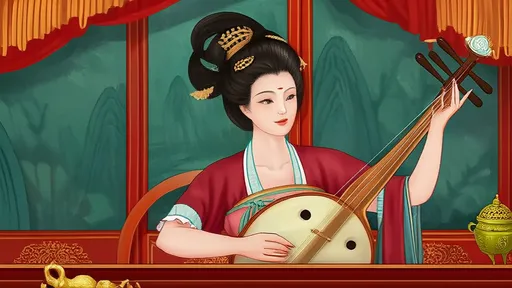
By /Aug 7, 2025
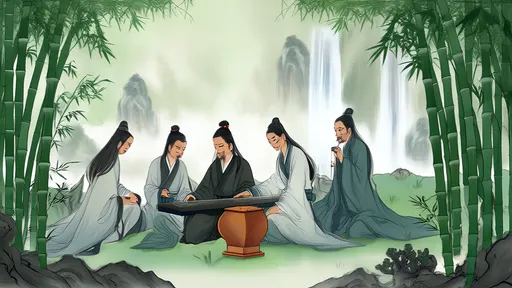
By /Aug 7, 2025